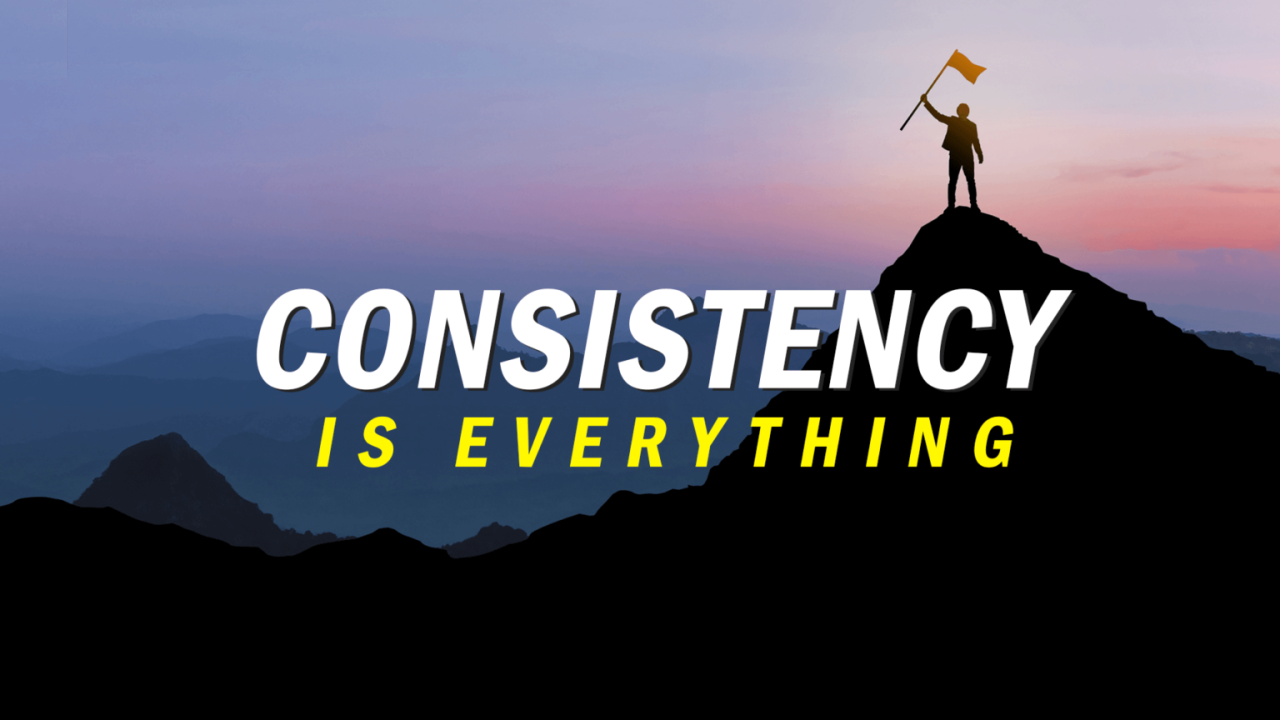With billions of users scrolling through their feeds every day, knowing when to post on platforms like Facebook can make all the difference in reaching your target audience and driving engagement. So, when exactly is the best time to share your content on Facebook? Let's delve into the science behind timing and uncover some key insights.
Understanding Your Audience
Before diving into specific timing strategies, it's essential to understand your audience's behavior and preferences. Consider factors such as their demographics, time zones, and daily routines. Analyzing data from Facebook Insights or other analytics tools can provide valuable insights into when your audience is most active online.
Peak Times for Engagement
While there is no one-size-fits-all answer to the best time to post on Facebook, studies have shown some general trends in user behavior. For example, weekdays tend to see higher engagement rates than weekends, with peak times typically occurring during lunch breaks (12:00 PM to 1:00 PM) and in the early evening (5:00 PM to 6:00 PM). However, these times can vary depending on your specific audience demographics and industry.

Experimentation and Testing
The key to finding the optimal posting times for your Facebook page is through experimentation and testing. Start by scheduling posts at different times throughout the day and week, and monitor their performance closely. Pay attention to metrics such as reach, engagement, and click-through rates to determine which times yield the best results for your audience.

Seasonal and Cultural Considerations
It's also essential to take into account seasonal and cultural factors that may influence user behavior. For example, holidays, festivals, and cultural events can impact when users are most active on social media. Tailoring your posting schedule to align with these events can help maximize engagement and ensure that your content resonates with your audience.

The Power of Consistency
While timing is important, consistency is equally crucial for maintaining a strong presence on Facebook. Establishing a regular posting schedule and sticking to it can help build anticipation among your audience and foster a sense of trust and reliability. Whether you choose to post daily, multiple times a week, or on specific days, consistency is key to keeping your audience engaged and coming back for more.

In conclusion, finding the optimal time to post on Facebook requires a combination of data analysis, experimentation, and an understanding of your audience's behavior. By leveraging insights from analytics tools, testing different posting times, and staying consistent with your content strategy, you can maximize engagement and drive meaningful results for your business on Facebook.



